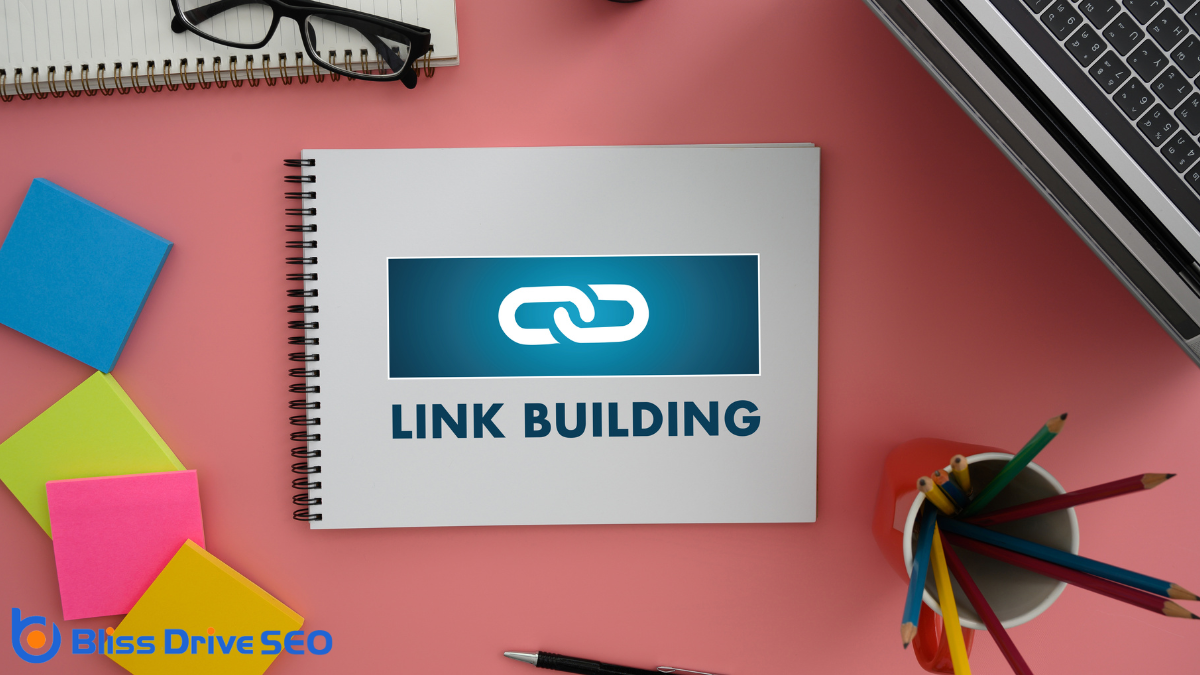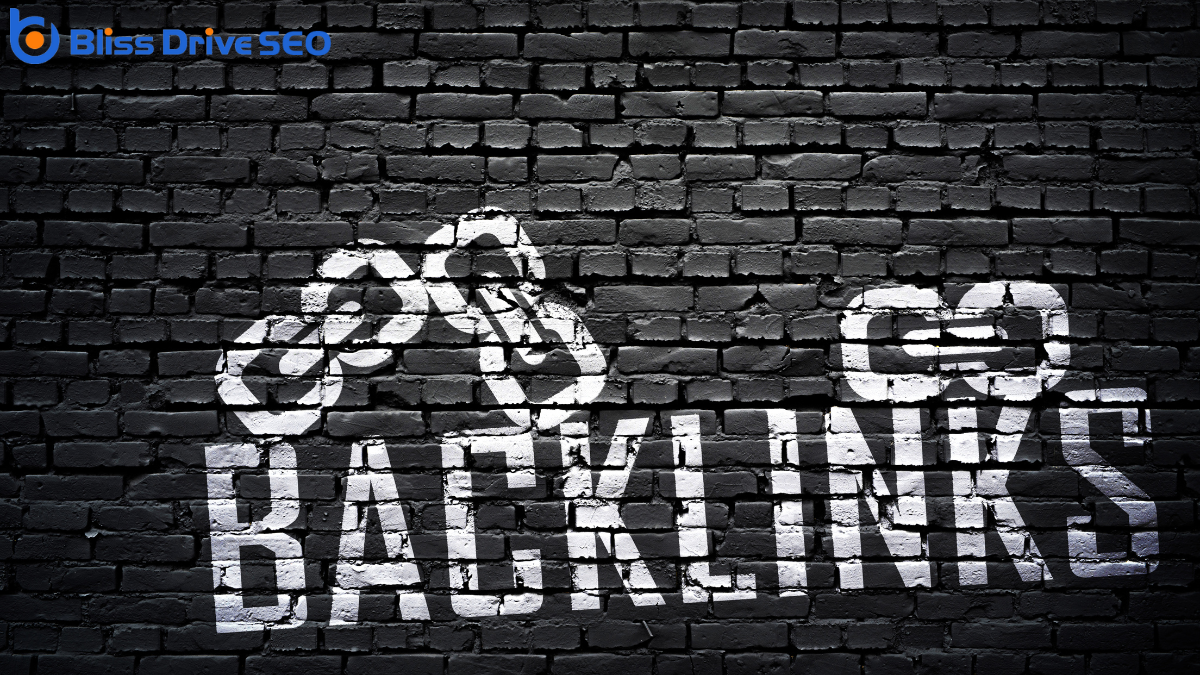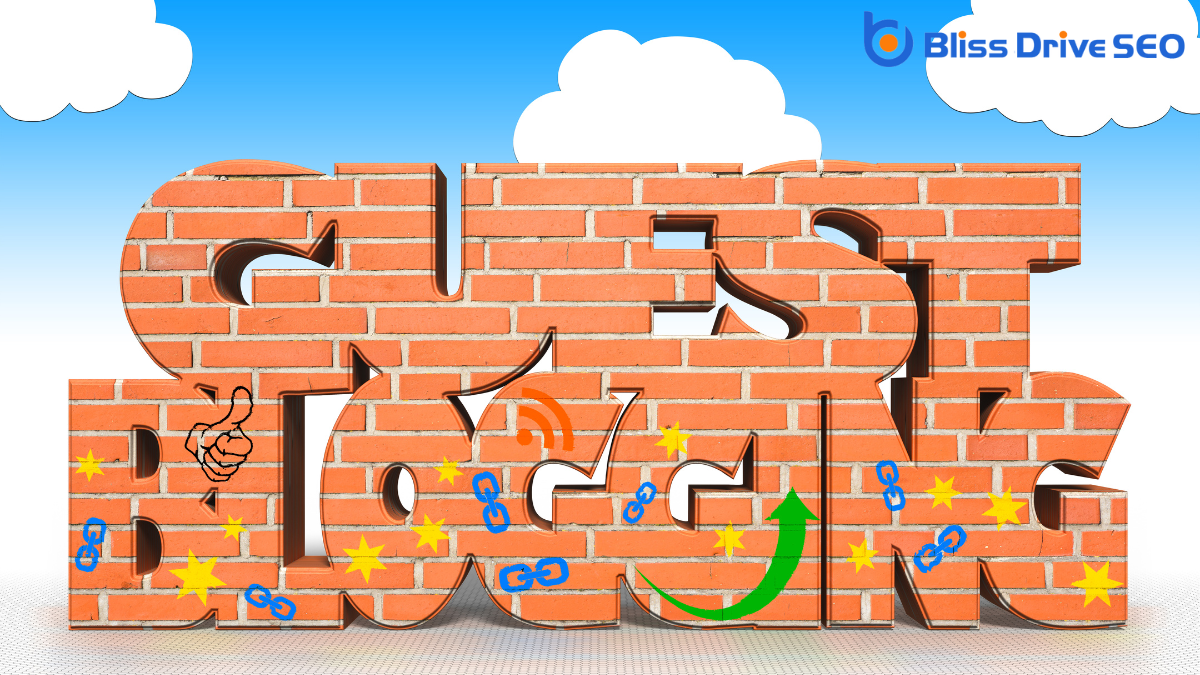Digital Marketing Services
Learn More About Us

You've likely heard the term "link building" tossed around in the world of digital marketing, but what does it actually mean? At its core, link buildingThe process of acquiring backlinks from other websites. involves obtaining hyperlinks from external websites to your own. These links serve as a nod of approval, enhancing your site's authority and credibility in the eyes of search engines. But how do you identify valuable backlinksLinks from other websites pointing to your website, crucial for SEO., and what strategies should you implement to secure them? As you explore these questions, you'll start to see how link-building can transform your site's online presence and rankingsThe position at which a website appears in the SERP.. Ready to uncover the intricate dynamics behind this pivotal SEO tactic?
Beginning with the basics, understanding link building is essential for anyone looking to enhance their website's visibility. When you think about link building, imagine it as a bridge connecting your website with others. The more authoritative these connections are, the more search engines trust your site. It's not just about having links; it's about having the right ones that signal credibility and relevance to search engines.
You should know that link building involves acquiring hyperlinks from other websites to your own. These hyperlinks, or "links," serve as a vote of confidence in your content. When reputable sites link to yours, it tells search engines like Google that your content is valuable and worth sharing.
You can achieve this through various strategies like:

When it comes to boosting your website's search engine rankings, the importance of backlinks can't be overstated. Backlinks, also known as inbound or incoming links, are links from one website to another. They play an essential role in how search engines perceive and rank your site's credibility and authority. Imagine backlinks as votes of confidence for your website. The more quality votes you get, the higher your site climbs in search engine results. Here's why you should care about backlinks:
When building links, you'll encounter various types, each with its own benefits and strategies.
Natural link acquisition focuses on earning links organically through valuable content, while editorial link placement involves getting links through content featured by others.
Reciprocal link strategies, on the other hand, involve mutually exchanging links with other websites to boost visibility.
In the field of link building, natural link acquisition stands out as the most organic and sustainable method to enhance your website's authority. Unlike other strategies, natural link acquisition happens when others find your content valuable enough to link to it without any prompting from you. This method not only boosts your site's credibility but also drives authentic traffic. By focusing on creating high-quality, engaging content, you can attract these organic links effortlessly.
Consider the emotional benefits of natural link acquisition:
Embrace this strategy and watch your site's authority flourish.

Building on the foundation of organic link acquisition, editorial link placement offers another potent strategy to enhance your website's authority. When reputable sites voluntarily link to your content, it signals trustworthiness and quality. These links are contextually embedded in articles, blog posts, or news pieces, often because the content provides value or insight to their readers.
Unlike paid or reciprocal links, editorial links come organically, stemming from genuine interest and relevance.
To attract these high-quality links, focus on creating exceptional content that stands out. Think about unique insights, inclusive guides, or engaging infographicsVisual representations of information, data, or knowledge intended to present complex information qu... that others find worth sharing. It's not just about having good content; it's about having content that others see as indispensable.
Reach out to industry influencersIndividuals with the power to affect the purchasing decisions of others due to their authority, know... or journalists who might find your content beneficial to their audience. However, make sure your outreach is personalized and adds value to their work.
Moreover, keep an eye on current trends or hot topics within your industry. By staying up-to-date, you increase the chances of getting noticed and linked by established sites. Remember, editorial link placement isn't just about building links; it's about building relationships and trust in your nicheA specific segment of the market targeted by affiliates to promote products or services..
Reciprocal link strategies, while not as lauded as some other techniques, can still play a valuable role in your link-building efforts. By exchanging links with other websites, you can increase your site's visibility and credibility. However, it's essential to approach this tactic with a strategic mindset to avoid potential pitfalls.
To make the most of reciprocal links, consider these key factors:
When you're thinking about link building strategies, consider the benefits of guest blogging, which can enhance your site's visibility and authority.
Partnering with influencers can also have a significant impact, as their endorsements can reach wider audiences and boost your credibility.
Balancing these strategies effectively can leadA potential customer referred by an affiliate who has shown interest in the product or service but h... to stronger online relationships and increased traffic.

Guest blogging is a powerful strategy in your link-building arsenal, offering multiple benefits that can elevate your website's visibility and credibility. When you write for other websites, you tap into new audiences, positioning yourself as an authority in your field. This can lead to increased traffic and higher search engine rankings. You're not just getting a backlink; you're building relationships and expanding your reach.
Consider these emotional benefits of guest blogging:
Embracing guest blogging as a link-building strategy is a smart move. It's not just about the links; it's about crafting a web of connections and opportunities that can propel your brand forward.
Partnering with influencers can significantly enhance your link-building efforts, providing a direct pathway to their engaged and loyal audiences. When you collaborate with influencers, you're not just tapping into their followers; you're also leveraging their trust and credibility. Their endorsement can turn passive viewers into active visitors to your site, boosting your site's authority and search engine ranking.
To maximize influencer partnershipsCollaborations between brands and social media influencers to promote products and reach new audienc..., select influencers whose audience aligns with your target market. This ensures that the links they share resonate with individuals who are genuinely interested in your content or products. Communication is key—be clear about your goals and what you aim to achieve from the partnership.
When influencers create content that includes your links, it appears more genuine and less promotional, which audiences appreciate. This genuineness can result in higher engagement rates and increased website traffic. Additionally, search engines value these quality backlinks, potentially enhancing your site's visibility.
In the field of link building, understanding the distinction between white hat and black hat techniques is important for effective SEO. You want to play by the rules, right? White hat techniques focus on quality, ethical practices, and long-term success. They adhere to search engine guidelines, fostering trust and credibility.
On the other hand, black hat techniques involve manipulative tactics that can lead to penalties and damage your site's reputation.
Choosing the right approach impacts your site's future. Consider these four emotions tied to each method:

Evaluating the success of your link-building efforts is essential to refining your SEO strategy and achieving your site's goals. To measure link success, start by monitoring your website's search engine rankings. As you build quality links, you should notice improvements in your rankings for targeted keywordsWords or phrases that users type into search engines to find information.. Use tools like Google AnalyticsA web analytics service offered by Google that tracks and reports website traffic. to track changes and identify which links contribute most to traffic increases.
Another key metric is referral trafficVisitors who come to a website through an affiliate's promotional efforts.. Check how much traffic is coming from the specific links you've acquired. This will help you understand which links are driving visitors to your site.
Additionally, pay attention to the domain authority of sites linking to you. Higher domain authority often signals more valuable links, potentially boosting your site's credibility and search visibility.
Engagement metricsMetrics that measure user interaction with a website, such as time on site and pages per session. are also vital. Monitor the bounce rateThe percentage of visitors who leave a website after viewing only one page. and average session duration of visitors coming through your backlinks. High engagement suggests that these visitors find your content relevant and engaging, indicating successful link placement.
While measuring link success is vital for refining your strategy, it's just as crucial to be aware of common link-building mistakes that can hinder your progress. These pitfalls can derail your efforts and undermine the credibility of your website. Understanding these mistakes will help you navigate the complex world of link-building with more confidence and precision.
Avoid these mistakes to fortify your link-building strategy effectively.
As digital landscapes evolve, the future of link-building will demand a strategic shift to stay effective and relevant. You'll need to focus on quality over quantity, emphasizing genuine connections and context. Search engines are becoming smarter, prioritizing links that provide real value to users. It's crucial to align your strategies with this shift, ensuring your links are natural and beneficial.
Think about leveraging relationships and collaborations. Building a network with influencers and industry leaders can enhance your credibility and lead to organic link opportunities. You won't just be chasing links; you'll be nurturing partnerships that naturally result in backlinks.
Diversifying your content formats is another key strategy. Explore videos, infographics, and podcastsAudio content distributed through digital channels, often in series format., as these can attract links from diverse sources. Search engines appreciate varied content types, and they often rank them favorably.
In your link-building journey, focus on acquiring quality backlinks to boost your site's credibility and search engine rankings. Remember, not all links are equal—prioritize those from reputable and relevant sources. By employing strategies like guest blogging and engaging with influencers, you can enhance your online presence effectively. Stay ethical with white hat techniques and always measure your success. Avoid common pitfalls, and keep an eye on emerging trends to stay ahead in the ever-evolving world of link building.
